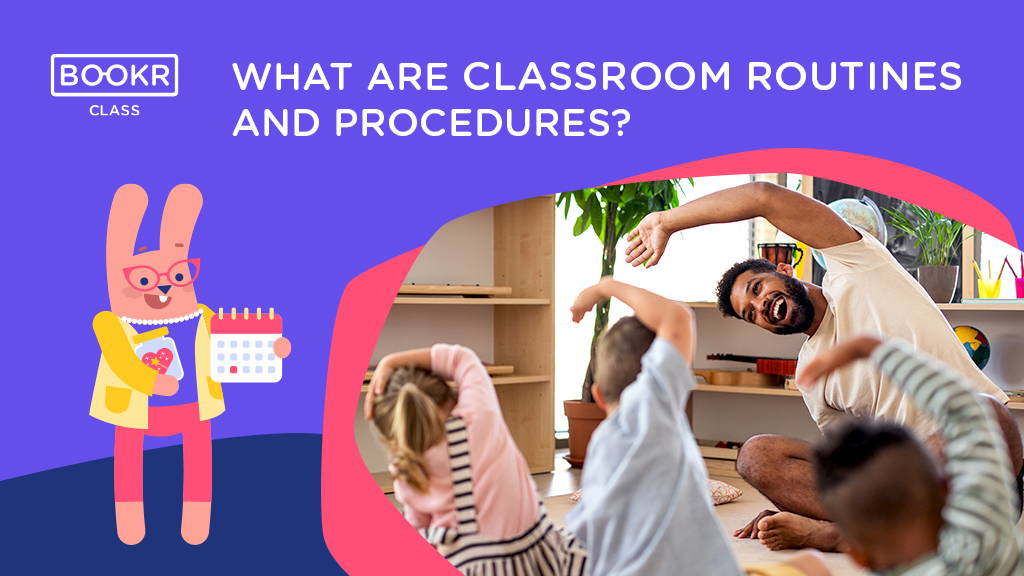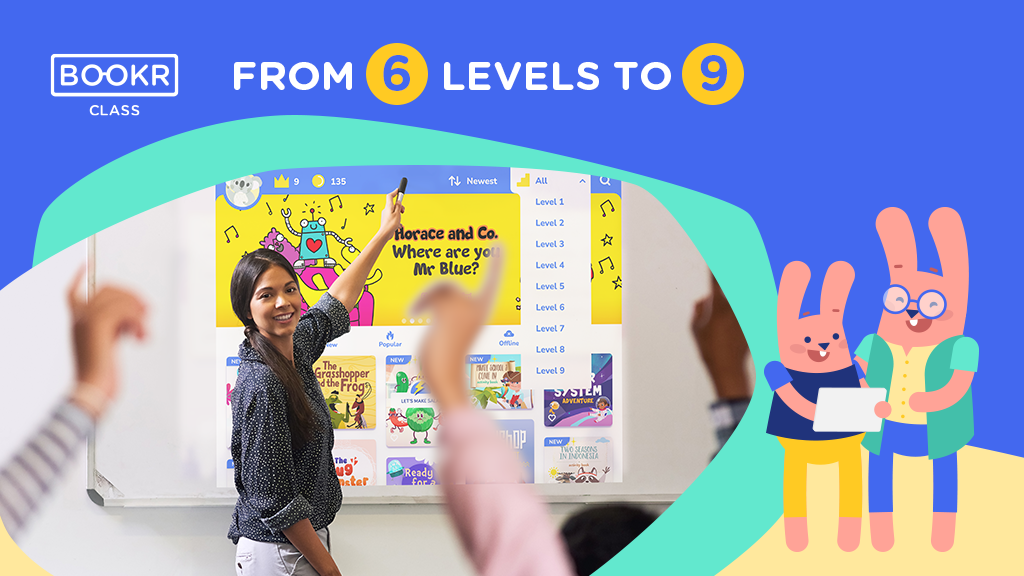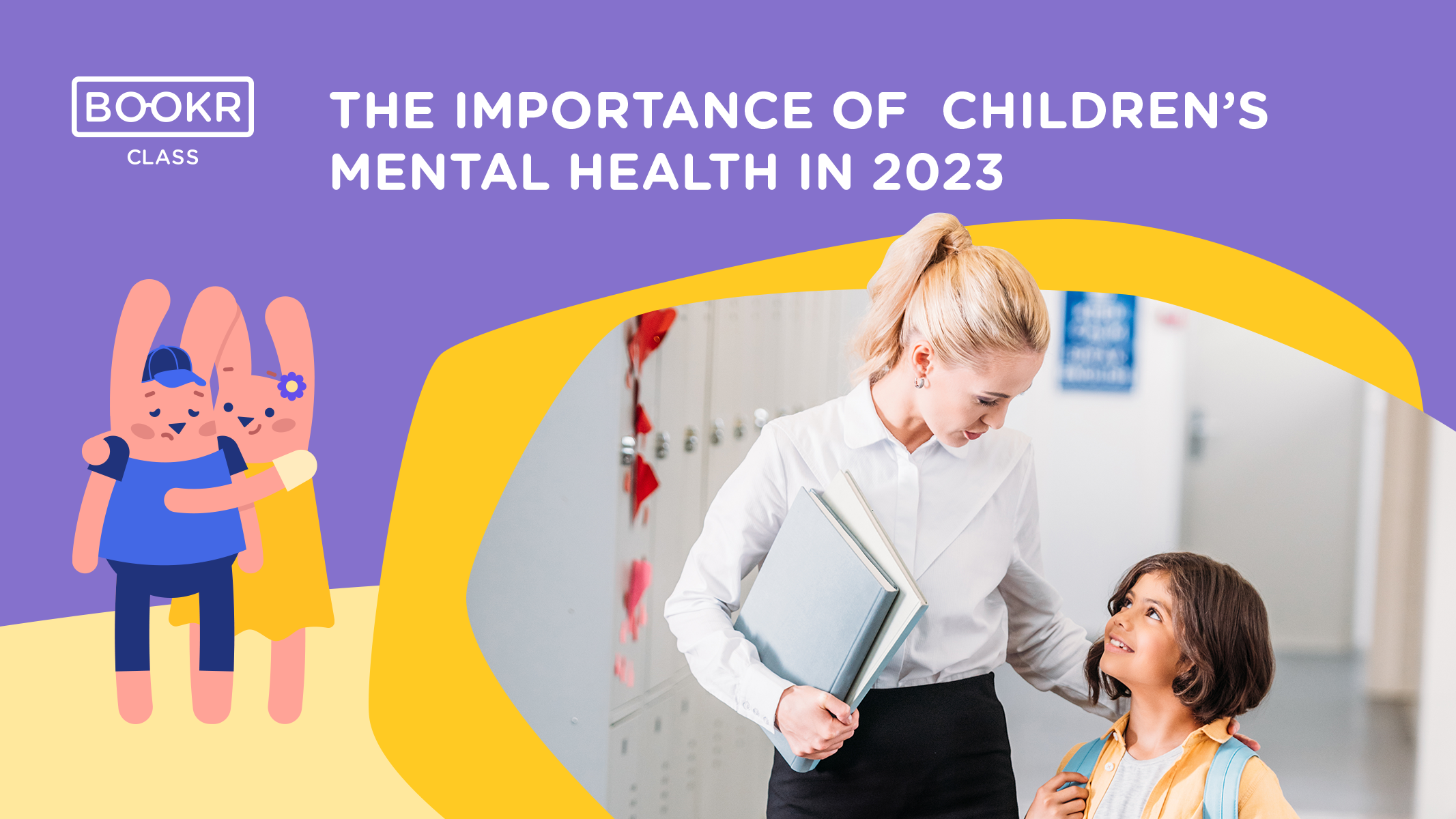Learning and Connecting Online: Is Screen Time Bad for Kids?
Before March of last year, being a good parent meant keeping your kids off your tablet, smartphone or computer. Oh, how times have changed.
The internet is now our primary place for learning and interacting with each other. Classes are held online, teachers assign homework in chatrooms, and kids don’t stand a chance without a laptop or tablet, not to mention all the programs and apps they use and register for.
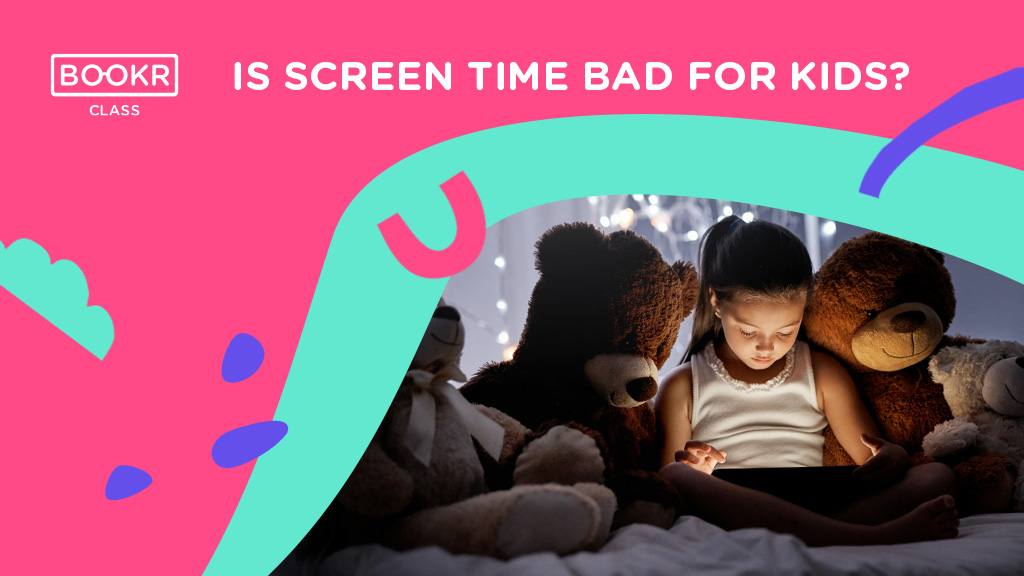
Parents who boasted about their kids not having a Facebook account were forced to create one, as well as grant permissions to countless other apps. Screens that were once forbidden have become essential everyday tools, but concerns haven’t weakened. Should parents worry about the effects of screen time on their developing children? What does a child’s online engagement look like? We seek to answer these questions with the help of BOOKR Kids psychologist, Dominika Gyányi.
It’s not a question of screen time, it’s a question of content
In today’s digital world it’s nearly impossible to avoid screen time, which makes it no surprise that for children growing up in the age of the internet, electronic devices are a part of life – not to mention the current period of online learning. Recent studies have shown, however, that the main question when it comes to screen time is not how much time is spent in front of a screen, it’s what is being consumed. Consumption of different types of content has a different effect on the nervous system.
We can group digital content that children interact with into four categories:
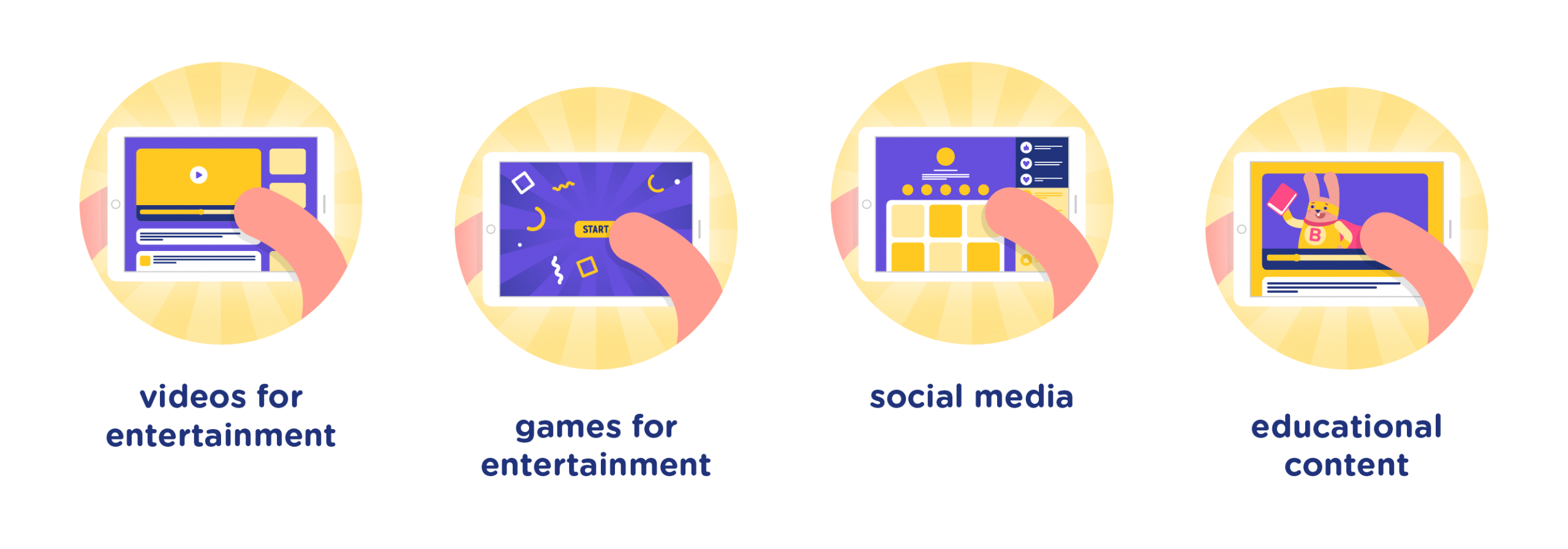
Entertainment and social media can have unwanted effects on not only the children but adults as well: entertainment media seems to dampen intellectual processing and verbal skills, while social media has proven to be associated with depression. Educational screen time on the other hand has been linked to doing better in school and has no negative health effects.
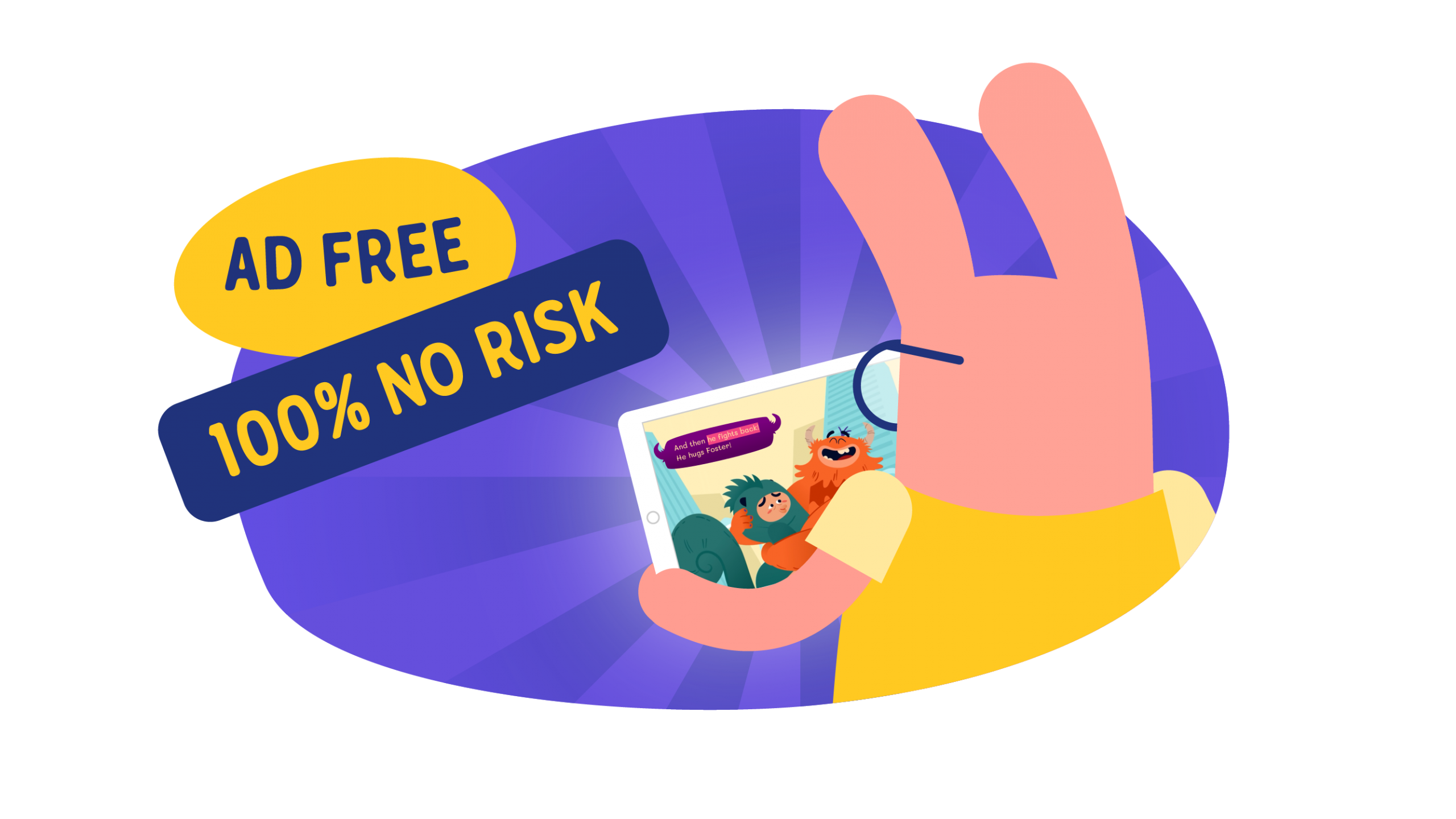
When we talk about the internet, there is a very important factor that must be discussed: SAFETY
High-quality educational platforms and apps tend to be totally ad-free, and make sure that children don’t find themselves clicking on links that lead them into the black hole of the internet, or end up being approached by strangers. Using parental gates and child versions on all other media platforms is also highly advised.
Although educational content generally stimulates the brain, its positive effects are only realized when screen time is balanced with other physical and social activities.
The American Academy of Pediatrics even changed its screen time guidelines in 2015. They previously recommended two hours or less per day, but have not set a time limit anymore. Instead, the Academy recommends making sure that screen time does not substitute sleep or any physical activity.
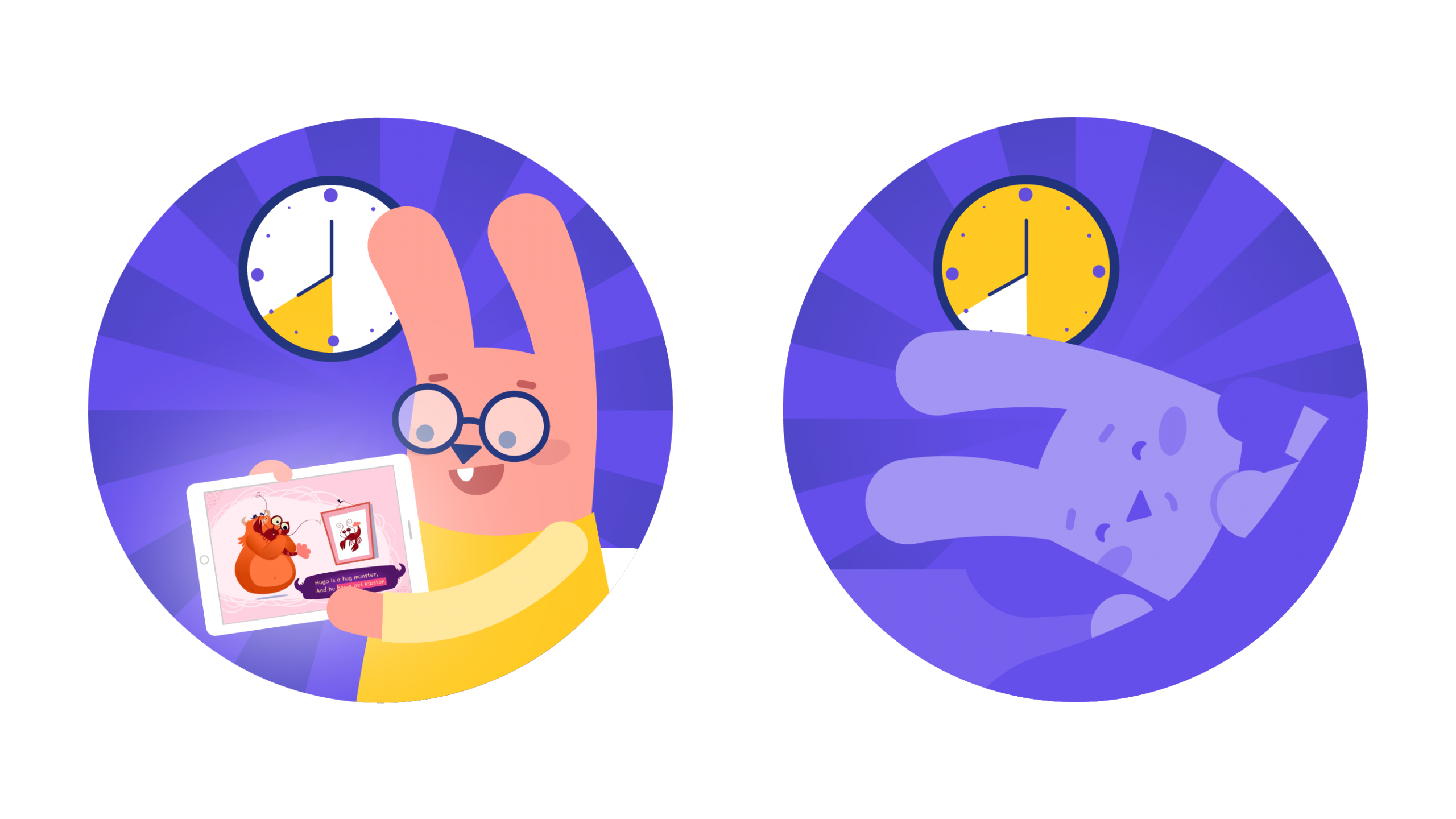
I believe it’s the parents’ and educators’ responsibility to help and guide children towards conscious internet use for several reasons. First and foremost, to ensure their health and safety. Secondly, the proven detrimental effects of social media and other entertainment are worth highlighting to them.
The most effective way to do that might be through open dialogue, where instead of demonizing the internet, we educate our children, share experiences and discuss alternative ways to have fun and interact with others besides spending endless hours in front of a screen.

The present and future of digital learning
It’s hard to say how long high schoolers will be stuck in their rooms, and when we can all go back to classroom learning. What will the return be like? Will certain schools and teachers carry on using methods adopted during the pandemic, or will everything go back to the way it was?
Answers should be based on what’s best for the students. Online learning has put an unprecedented amount of pressure on parents, teachers and students alike. Students are required to focus even harder at a time when a lack of routine and social interactions can lead to difficulty concentrating and a lack of motivation.
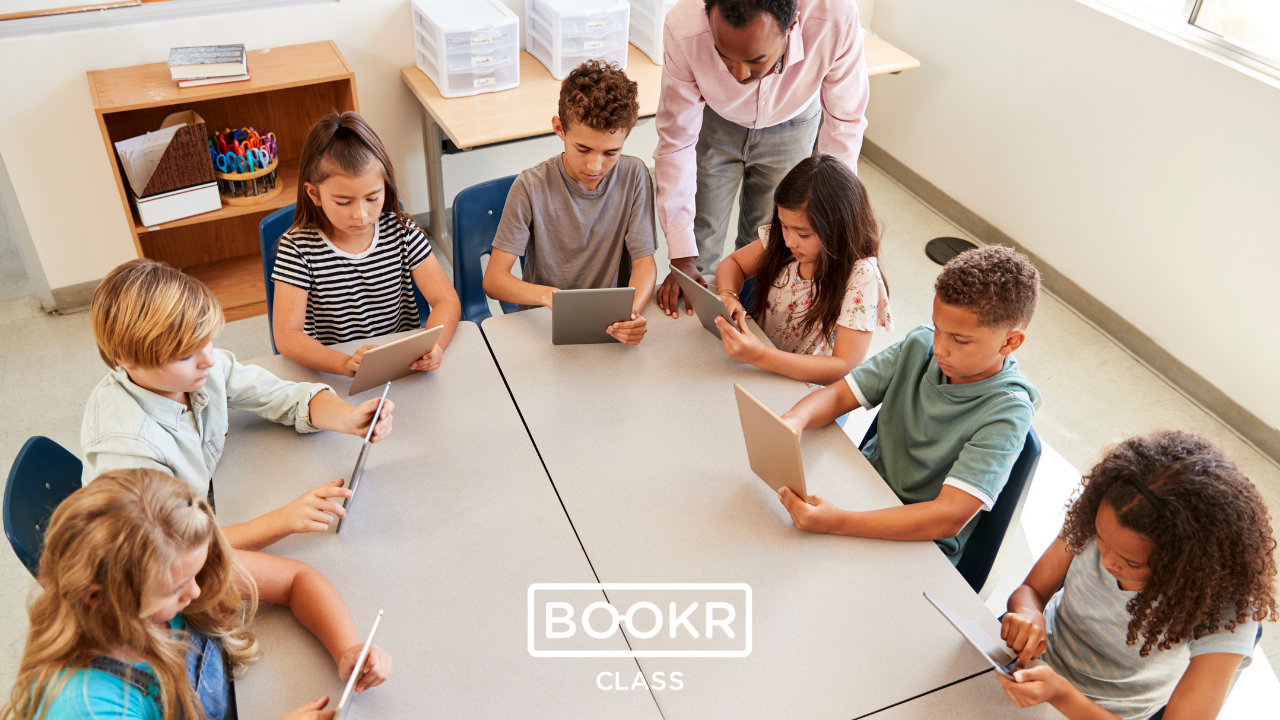
I sincerely hope online learning doesn’t stay with us for years, because the digital world can’t replace real-life physical interactions, which are such an important part of social classroom learning. At the same time, the digitalization of learning has given parents and teachers the opportunity to discover useful modern educational technology.
Digital educational platforms have existed for a long time, and while many teachers have been apprehensive of them, they’ve learned to use them successfully out of necessity.
BOOKR Class has been recognized by many teachers and parents worldwide as it has proven its suitability for online education, while also acting as a great supplementary digital tool for the traditional classroom setting.
This ad-free digital library application is capable of supporting English language acquisition, and helping children develop not only language skills but soft skills as well in a very entertaining way, with stories as its main superpower.
This educational platform not only includes exciting modern and classic stories for children, but also contains an easy to use tool to monitor their own learning progress.
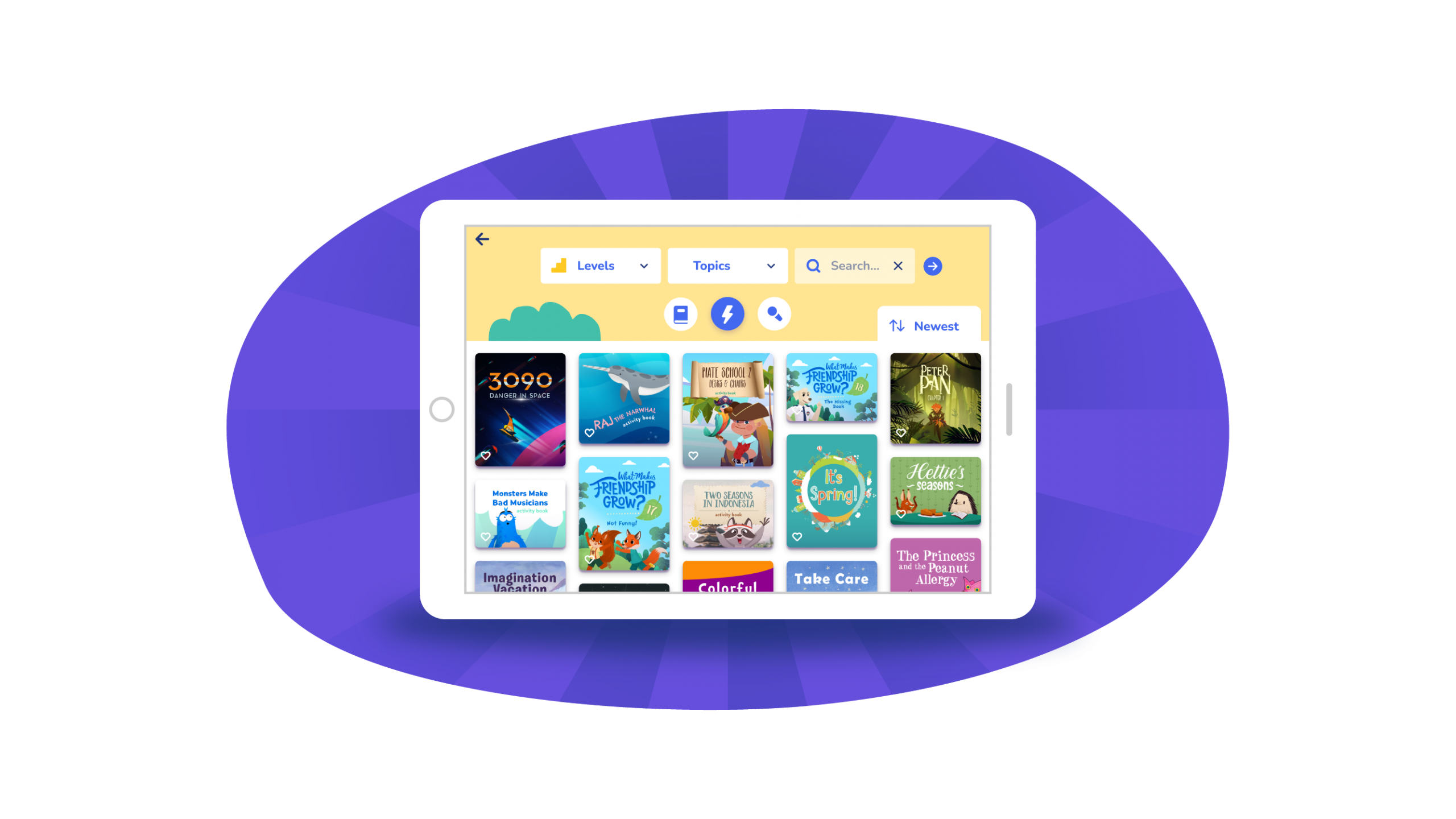
Perhaps these new creative educational platforms will bring about a change in attitudes towards teaching, and the “how” will become just as important as the “what”, which would help develop metacognition, an ability crucial in all areas of life, meaning the critical awareness of how we think and learn.
So coming back to our original question: is screen time bad for kids?
I think the answer is very similar to other lifestyle questions regarding diet, sports, or hobbies: the most important thing is to find balance.
In this case, if we define clear and reasonable rules for balancing our children’s screen time with regular physical activities and offline, social interactions, we can minimize the negative effects of sitting in front of a screen. And if we are able to introduce them to engaging, high-quality educational content to spend their screen time with, well, that’s the icing on the cake and something. we should all consider for our children’s educational future.
You might also like...
